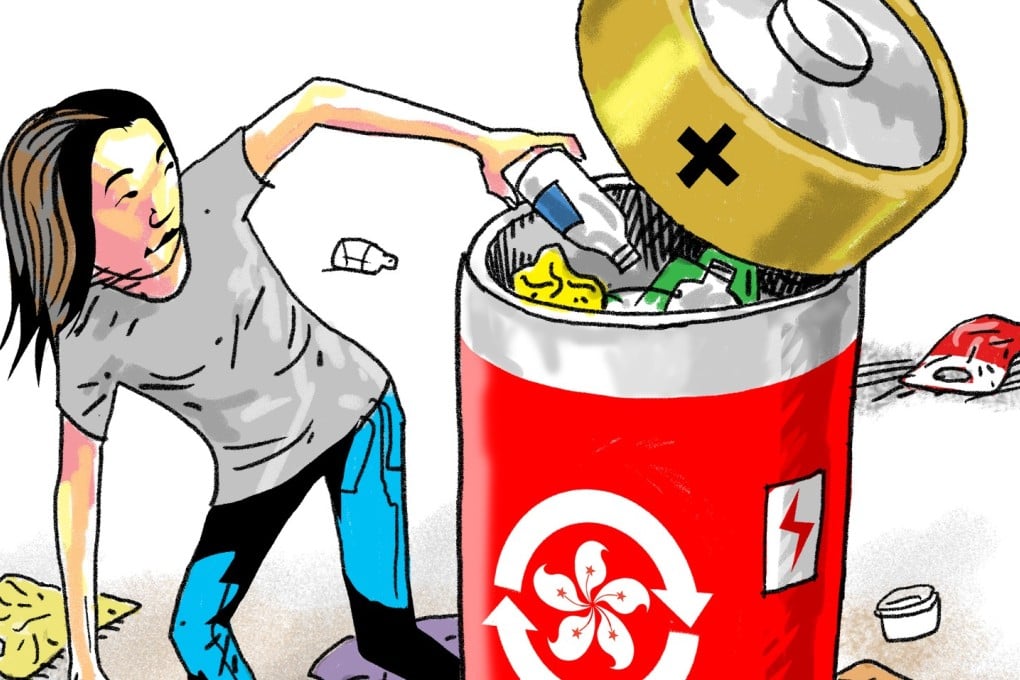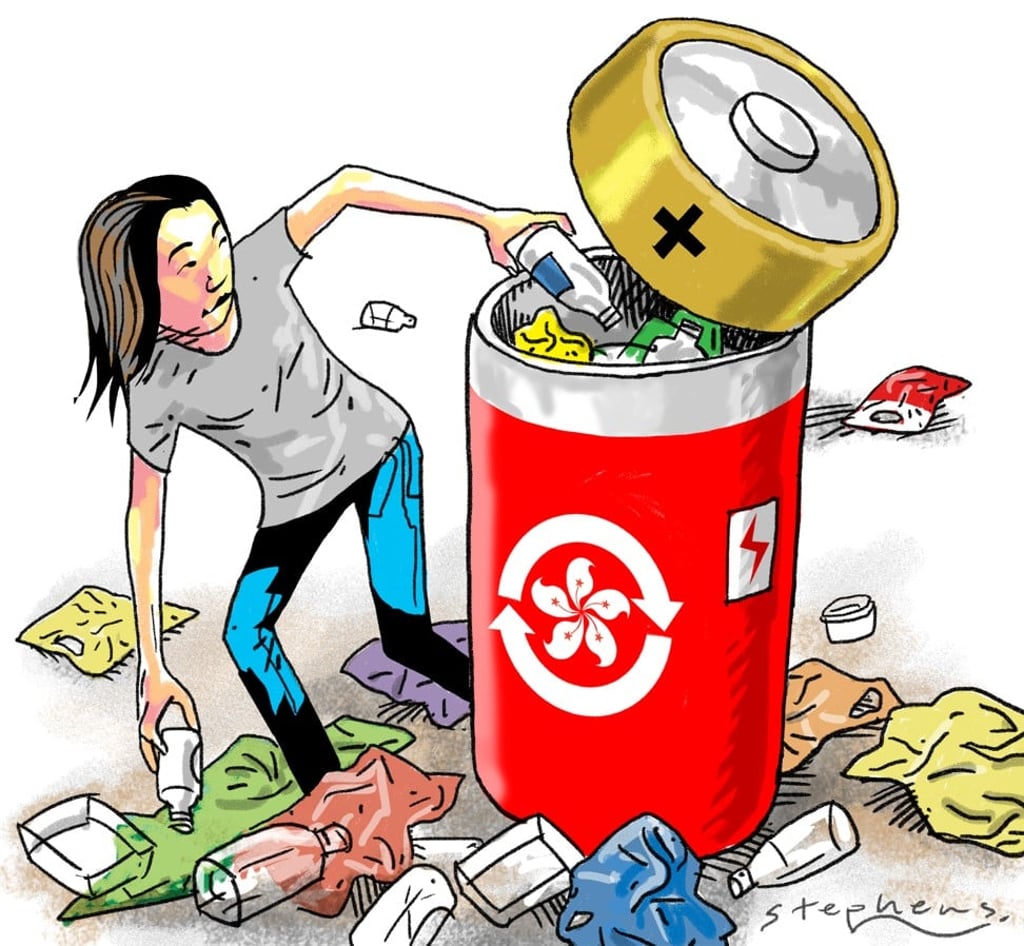A solution for Hong Kong’s plastic waste crisis: turn it into fuel
Ian Brownlee says as Hong Kong throws away more and more plastic while recycling rates dip, it should look to gas plasma technology to solve the problem


The amount of plastic created since 1950 had increased exponentially, from 2 million tonnes to 8.3 billion tonnes in 2017, and is projected to reach 34 billion tonnes by 2050. We are creating a problem that cannot go away: the study found that, in 2015, of the nearly seven billion tonnes of plastic waste generated, only 9 per cent was recycled, 12 per cent incinerated, and 79 per cent accumulated in landfills or the environment.
The devastating impact of plastics on the marine environment can be seen in the many internet videos showing whales, turtles and sea birds killed by ingesting plastic in the sea. The intrusion of plastics into the food chain on both sea and land is well documented.
Watch: See how it feels to be an ocean animal stuck in a plastic bag
This July, Hong Kong had unusually high rainfall, which resulted in a visible increase in plastics washed into our waters. Several non-governmental organisations and community groups have been cleaning up beaches; much of the rubbish is plastic.
While their efforts are necessary and laudable, they are also futile. They have an insignificant impact on the total problem and create another – what to do with the collected plastic?
What Hong Kong needs to do to recycle more: sort waste properly and see it as a chance to make money, not a problem
